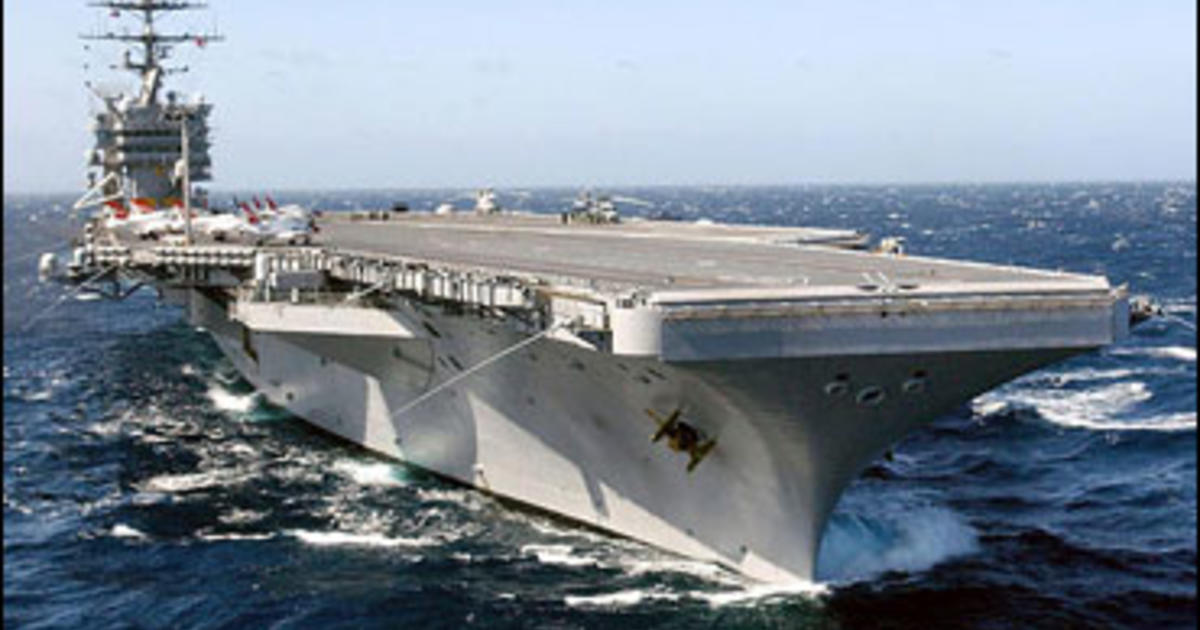A joint naval exercise involving China, Russia, and Iran, dubbed "Maritime Security Belt 2024," has begun in the strategically significant waters of the Gulf of Oman and the Arabian Sea. The drills, described by some analysts as a display of "power projection," come amidst heightened tensions in the region.
The four-day exercise, which commenced on March 12th, features over 20 vessels from the participating nations, including warships, support vessels, and combat boats. Aircraft are also expected to be involved, with live-fire drills simulating attacks on surface and aerial targets. While Iranian state media portrayed the exercise as promoting regional security cooperation, experts warn of the potential for miscalculation or accidents during such maneuvers.
This latest iteration marks the fifth joint military exercise conducted by China, Russia, and Iran in recent years. The move is seen by some as a deliberate signal to the West, particularly the United States, that these nations are not to be considered inconsequential players in the region. The Gulf of Oman and the Arabian Sea are crucial waterways for global energy transportation, with a significant portion of the world's oil supplies passing through this area. China, a major energy consumer, has a vested interest in the region's stability, while Russia seeks to counterbalance American influence in the Middle East. Iran, meanwhile, has long been at odds with the West over its nuclear program and support for regional proxy groups.
The timing of the exercise coincides with ongoing conflicts in the wider Middle East. The six-month-long war between Israel and Gaza continues to rage, and Yemeni Houthi rebels have recently launched attacks on ships in the Red Sea. This volatile backdrop raises concerns about the potential for the naval drills to escalate regional tensions.
While the stated objective of the exercise is to enhance maritime security cooperation, analysts remain skeptical. They point out that the participating nations have strained relations with the West and that the drills are likely intended to demonstrate their expanding military capabilities. Additionally, the live-fire elements introduce an element of risk, particularly in such a congested waterway.
The reaction from Western powers has been muted so far. However, the exercise is certain to be closely monitored, particularly by the United States, which maintains a significant naval presence in the region. The ongoing competition for influence in the Middle East is likely to intensify in the wake of these drills, potentially leading to further military posturing and strategic maneuvering.

